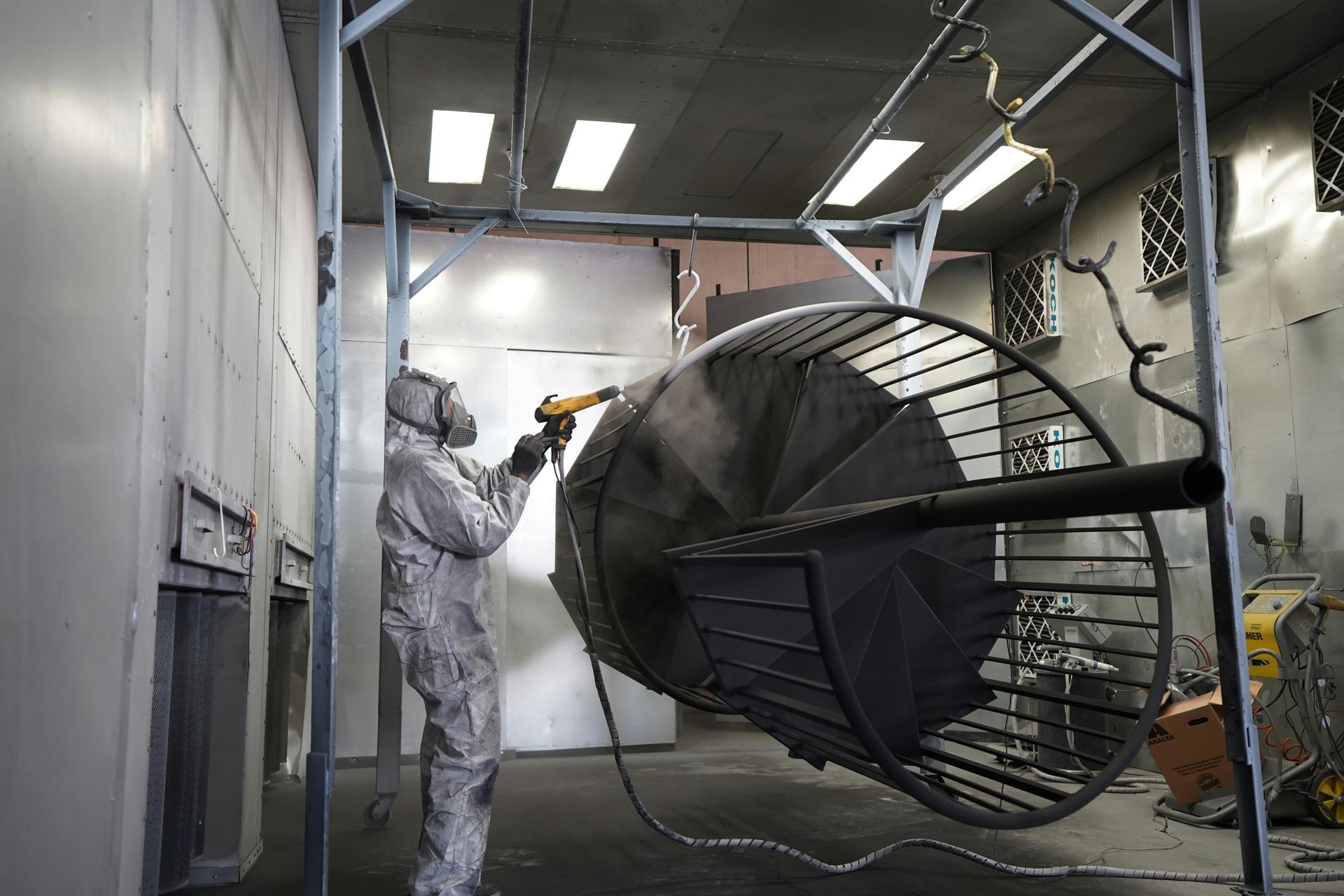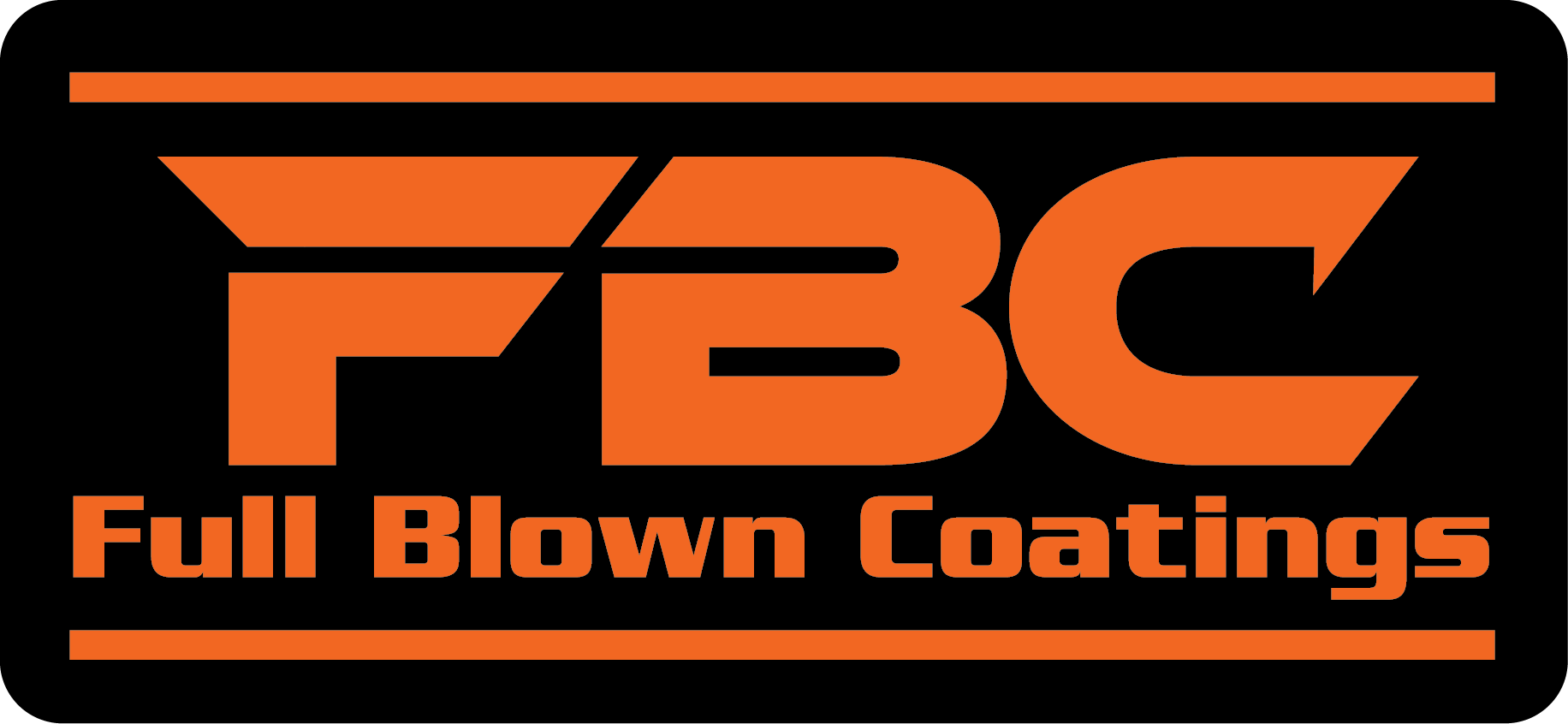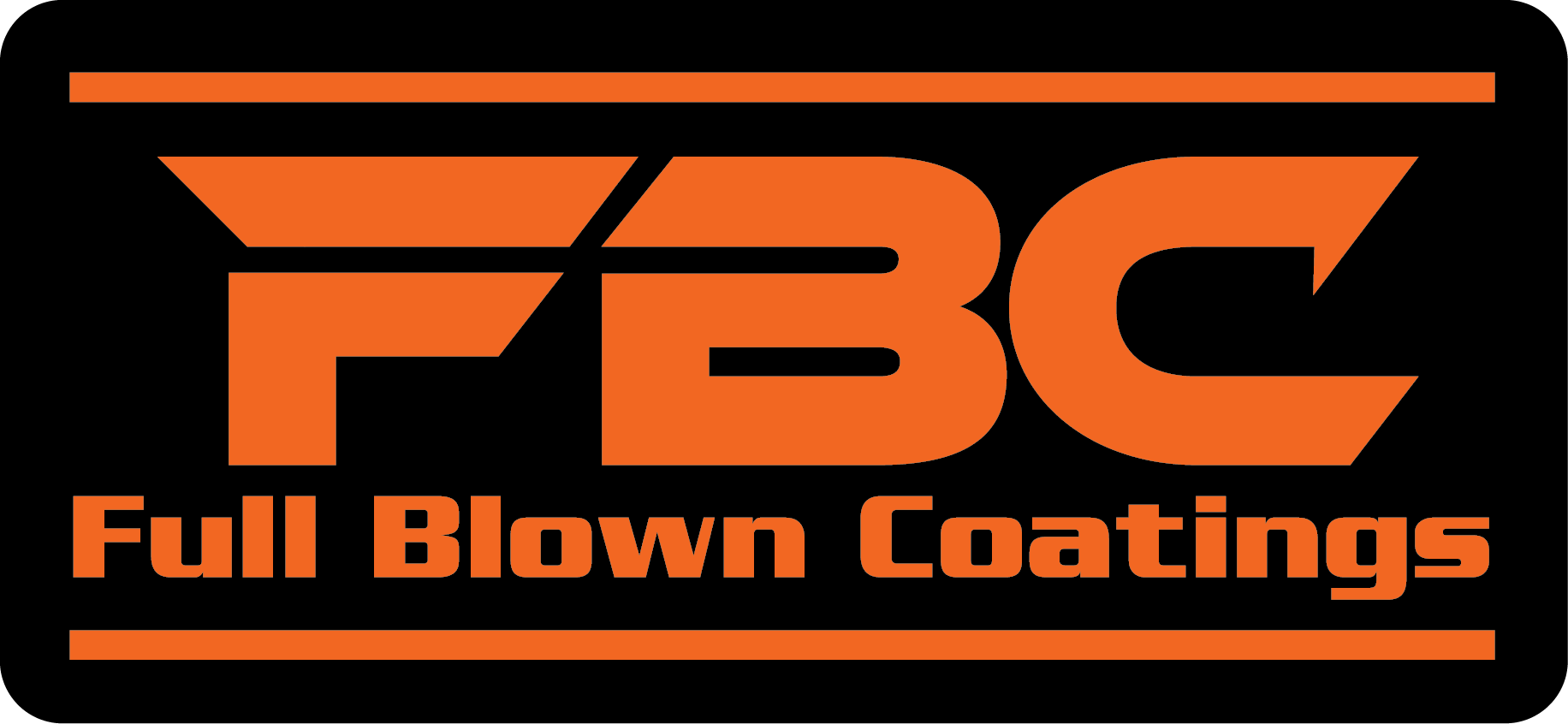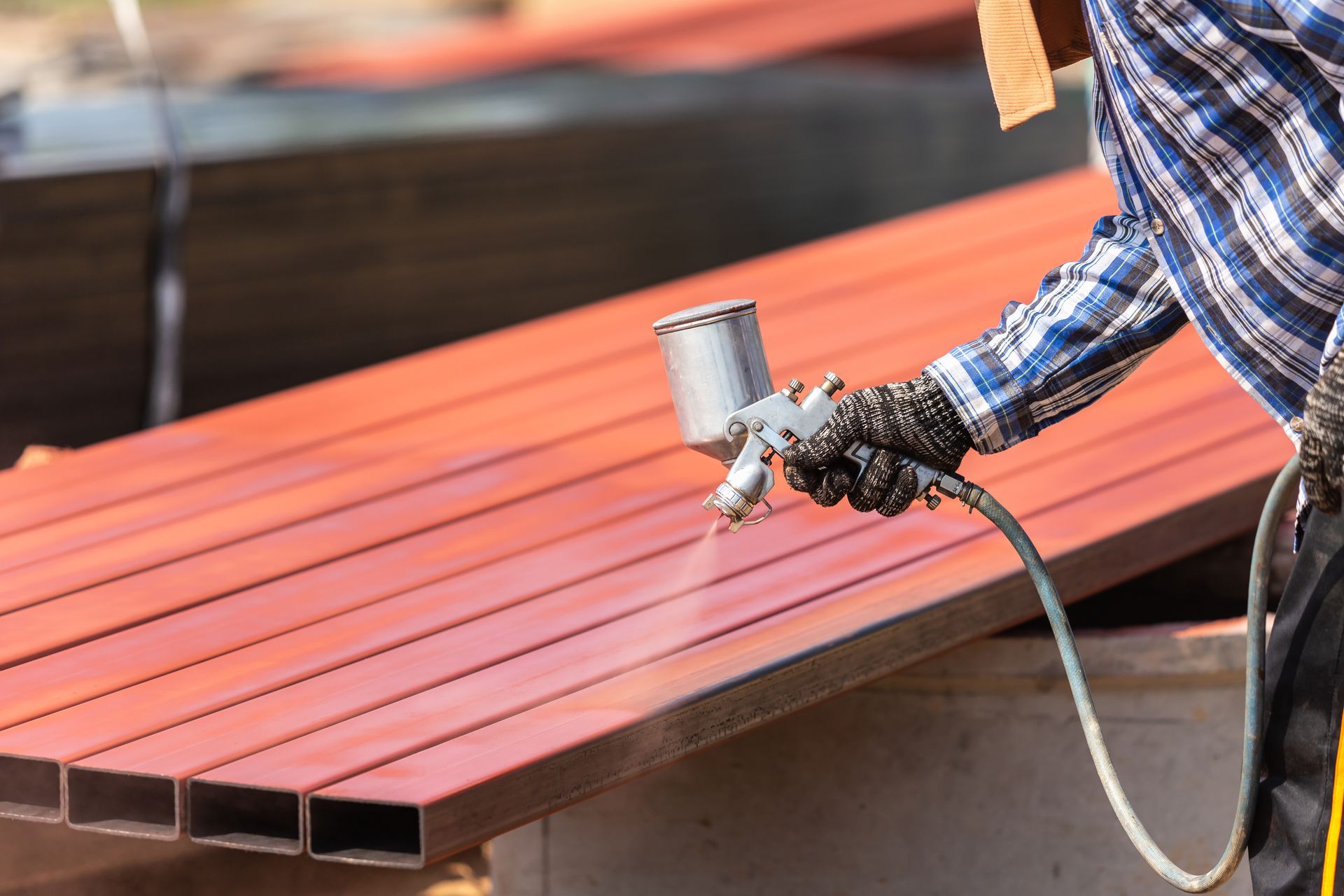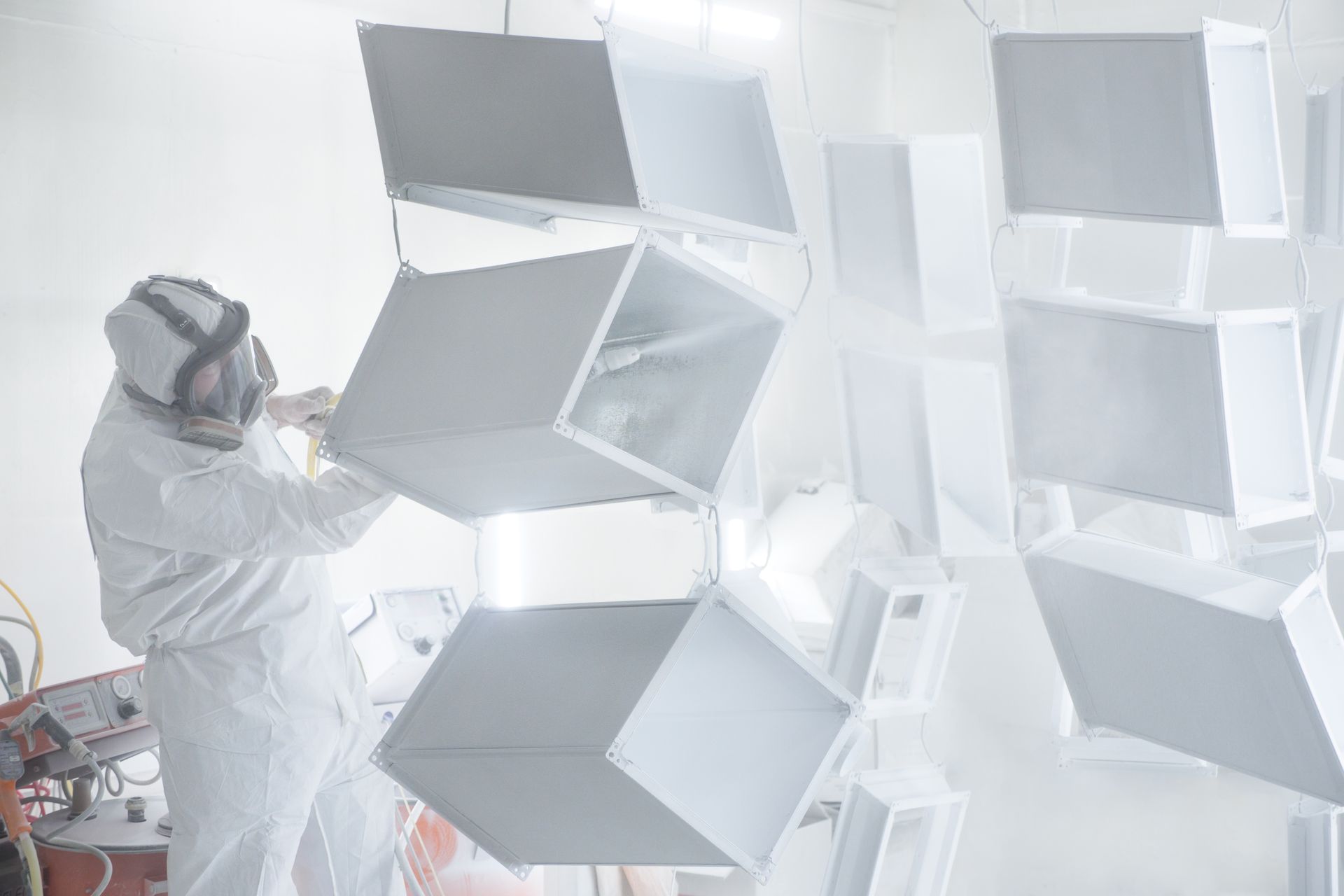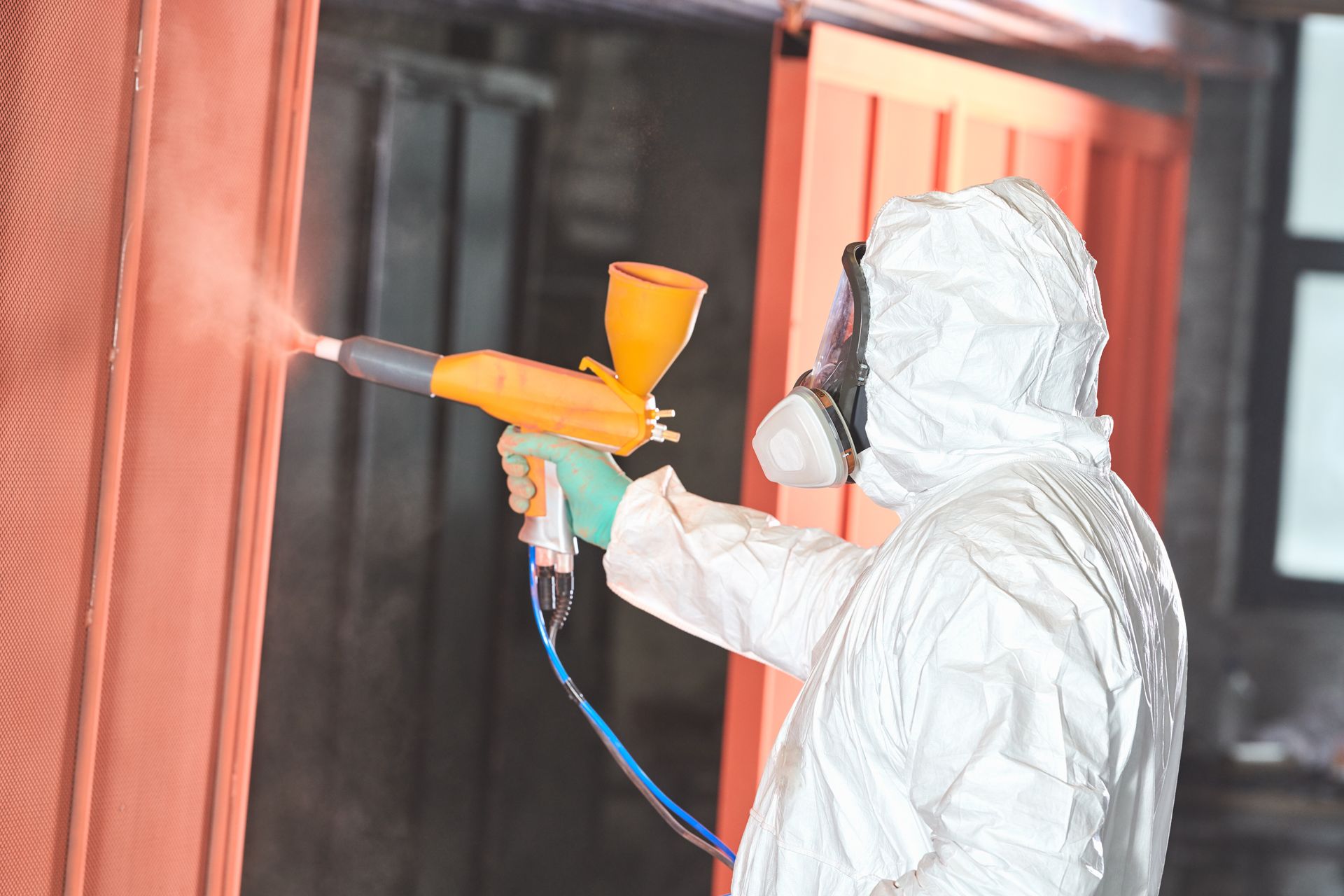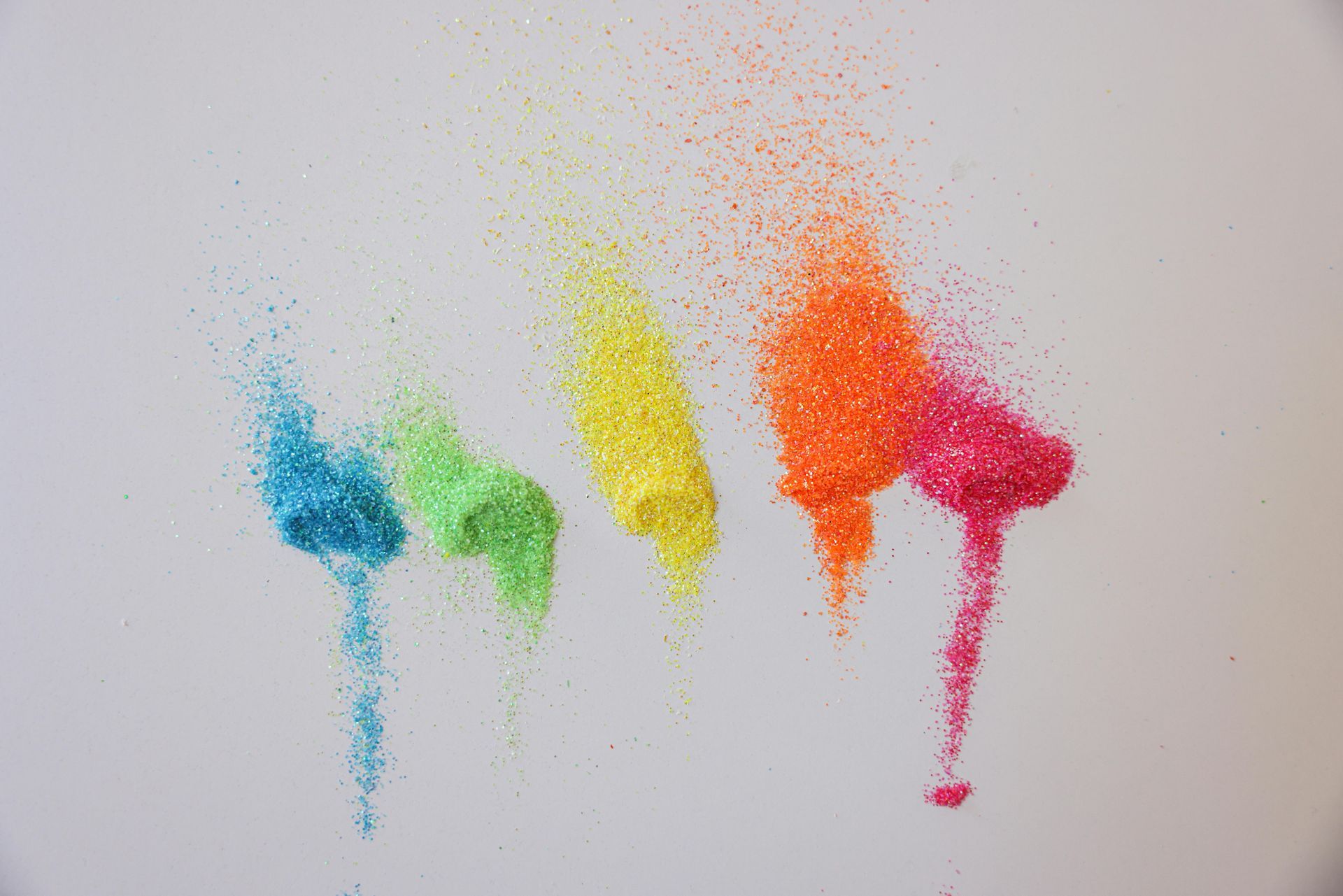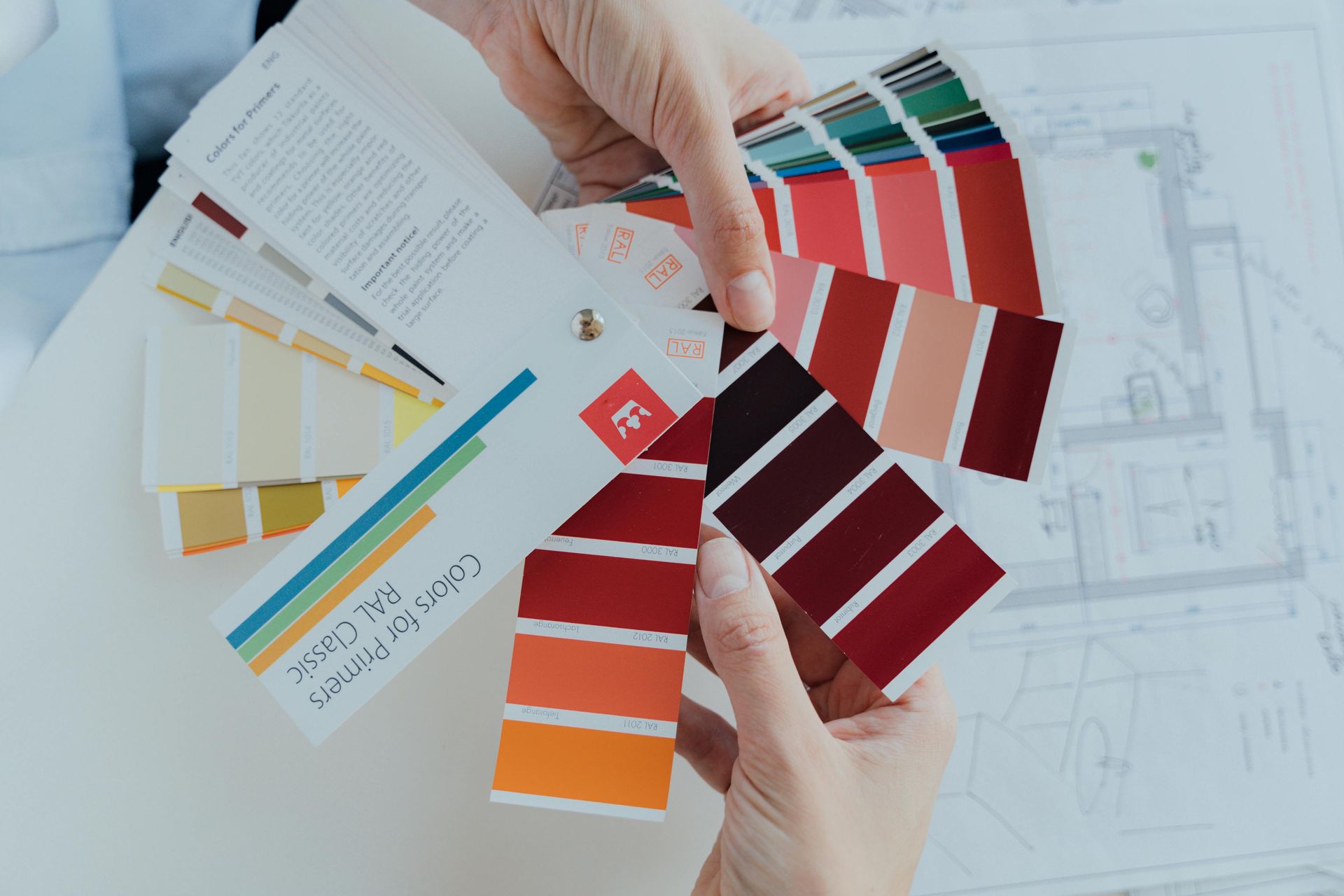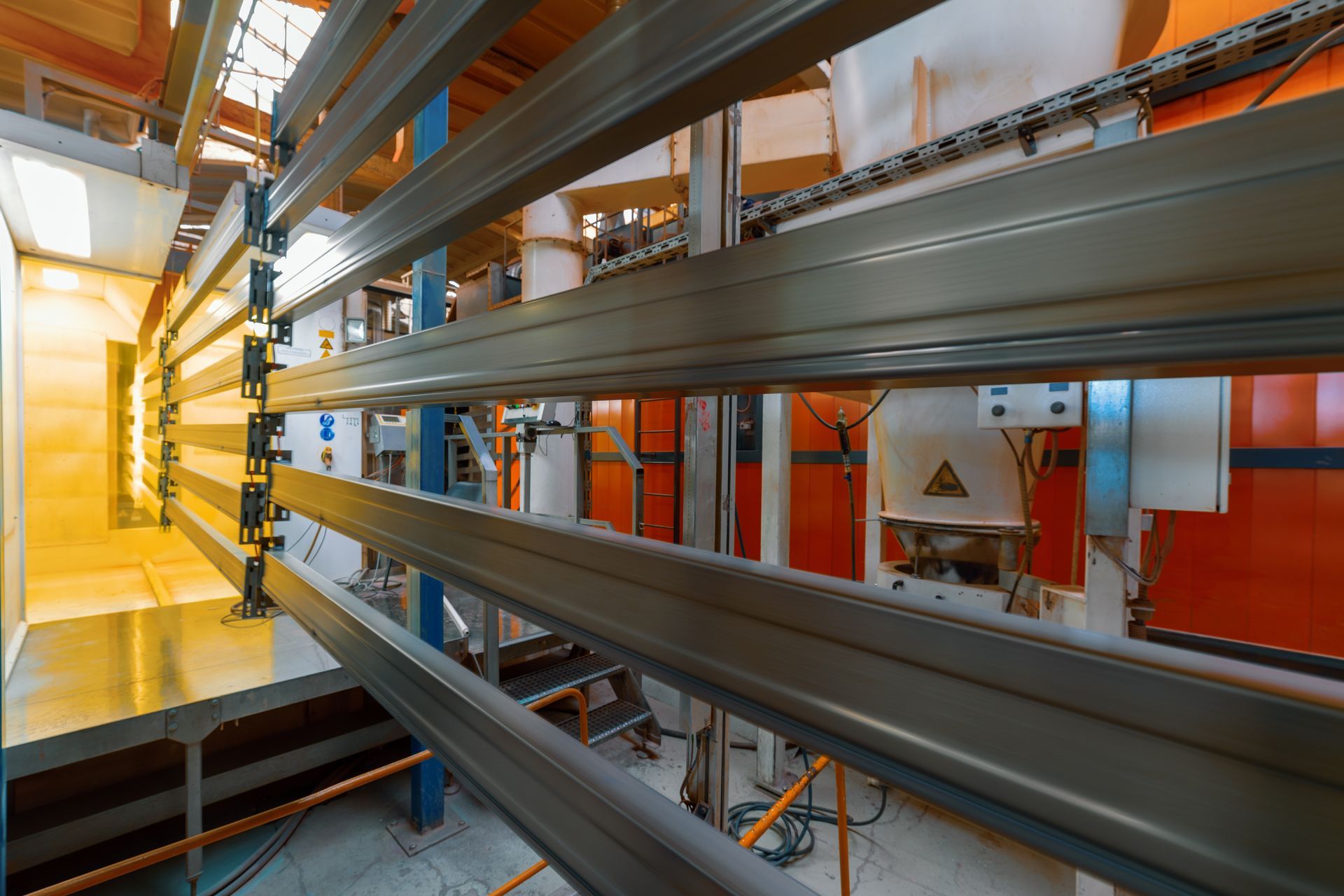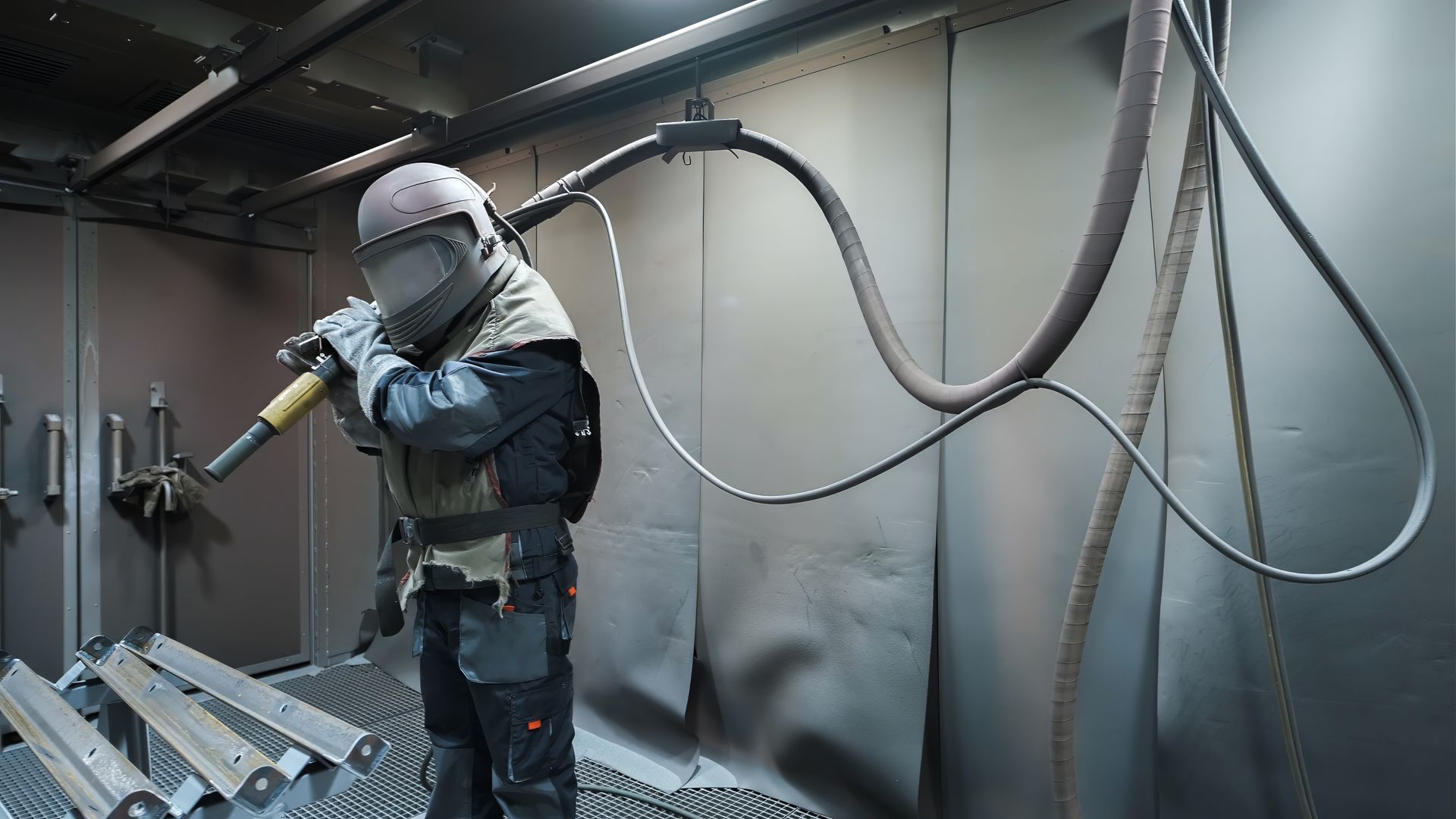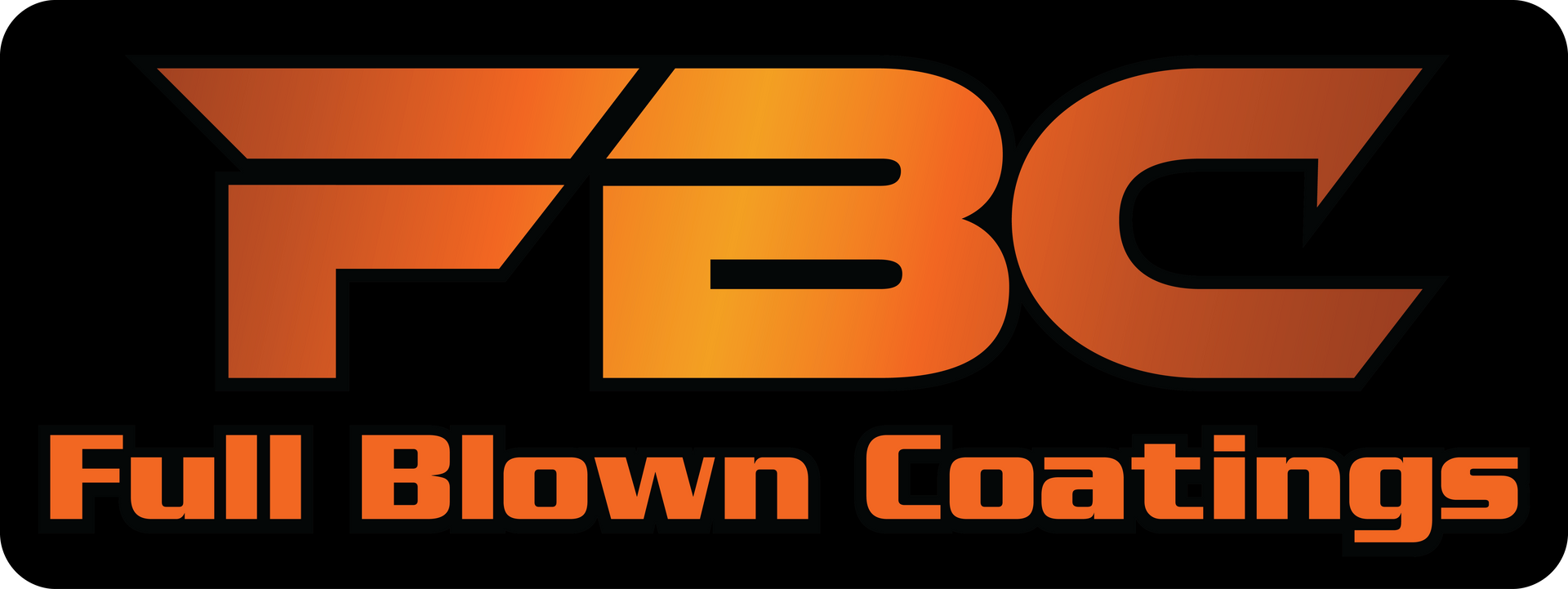Metal Finishing: What’s the Best Option for Your Project?
Metal Finishing: Types and Techniques for your project?
At Full Blown Coatings, we specialize in metal finishing services that deliver exceptional durability and aesthetics. Whether you're restoring old parts, customizing a vehicle, or upgrading industrial equipment, understanding your options for metal finishing is key to getting lasting results. Serving Salt Lake County, Utah County, Davis County, Weber County, and Cache County, we help clients choose the right finish for their project—and get it done right the first time.
What Is Metal Finishing?
Metal finishing refers to the process of altering the surface of a metal part to improve its appearance, performance, and resistance to wear or corrosion. It is often the final step before a product is delivered or reinstalled. At Full Blown Coatings, we offer a range of finishing solutions tailored to your project needs.
Common goals of metal finishing:
- Enhance corrosion resistance
- Improve aesthetic appeal
- Increase durability and lifespan
- Ensure product cleanliness and uniformity
Common Types of Metal Finishing
Powder Coating
Powder coating is a high-performance finish that involves applying a dry powder electrostatically and then curing it under heat. The result is a tough, attractive coating that stands up to harsh weather, chemicals, and abrasion.
Best for:
- Automotive parts
- Patio and garden furniture
- Industrial machinery
- Fencing and gates
Benefits:
- Long-lasting and chip-resistant
- Available in countless colors and textures
- Eco-friendly with no VOCs
Anecdote: We had a client from Bountiful bring us a set of rust-covered patio chairs. After blasting and powder coating them in a vibrant red, they looked showroom new. The client couldn’t believe they were the same chairs!
Sand Blasting
While not a finish itself, sand blasting is a crucial preparatory step. It uses abrasive media to clean and roughen a surface, ensuring optimal adhesion for any coating.
Used for:
- Rust and paint removal
- Surface profiling before powder coating or painting
Why it's essential: A smooth, clean surface means your coating will bond better and last longer. We never skip this step—and neither should you.
Anodizing
Anodizing is typically used for aluminum, forming a durable oxide layer that resists corrosion and provides color options.
Commonly used in:
- Bicycle frames
- Aerospace parts
- Architectural applications
Electroplating
Electroplating involves depositing a thin metal layer (chrome, nickel, zinc) onto a substrate. It's often used for aesthetic purposes and corrosion resistance.
Applications include:
- Automotive trim
- Tools and fasteners
- Home hardware
Galvanizing
Galvanizing coats steel or iron with a layer of zinc to protect against corrosion, particularly in outdoor or industrial settings.
Best for:
- Farm equipment
- Industrial fencing
- Metal structures exposed to the elements
Choosing the Right Finish for Your Project
Consider the Environment
Is your project going outdoors? Will it be exposed to water, salt, or sunlight? Powder coating and galvanizing are excellent for weather resistance.
Consider the Material
Some finishes work best with certain metals:
- Aluminum: Anodizing, powder coating
- Steel: Powder coating, galvanizing, electroplating
- Stainless steel: Powder coating for aesthetics, passivation for corrosion resistance
Durability vs. Aesthetic Needs
Need a clean, sleek look? Consider electroplating or powder coating. Looking for heavy-duty wear resistance? Galvanizing or industrial powder coating may be the better fit.
Real Project Insights from Full Blown Coatings
Automotive Restoration in Layton: A client brought in a 1960s pickup truck frame. We began with industrial sand blasting to remove years of rust, then powder coated it in a textured black. Three years later, the finish still looks brand new despite off-road use.
Farm Equipment in Cache County: A local rancher needed corrosion protection for livestock fencing. We recommended hot-dip galvanizing and followed it with a powder coat top layer. The double-layer protection keeps it strong through harsh winters.
The Importance of Surface Prep
Proper surface preparation is crucial to any metal finishing job. At Full Blown Coatings, we take this step seriously.
Our prep process includes:
- Industrial sand blasting: To remove paint, rust, and contaminants
- Outgassing bake: Eliminates trapped oils in porous metals like cast aluminum
- Solvent wiping: Ensures a clean, dry surface
Only after these steps do we apply the selected finish, whether it's powder coating, anodizing, or another process.
Why Choose Full Blown Coatings?
Located in Northern Utah, Full Blown Coatings serves a wide range of clients from Salt Lake City to Logan. Our reputation is built on precision, honesty, and fast turnarounds.
We offer:
- Custom consultations to match the right finish with your project
- State-of-the-art equipment for professional results
- Local pick-up and delivery options
Anecdote: A client from Farmington had powder coating done elsewhere that began flaking within six months. After a quick inspection, we discovered the surface wasn’t properly blasted. We redid the entire job, and now the coating has lasted more than three years without issue.
Conclusion
Choosing the right type of metal finishing depends on your material, use case, and aesthetic goals. Whether it’s powder coating, sand blasting, anodizing, or galvanizing, Full Blown Coatings can guide you to the ideal solution.
If you're in Salt Lake County, Utah County, Davis County, Weber County, or Cache County and looking for high-quality metal finishing services, contact Full Blown Coatings today. Let's make your project last—and look great doing it.
Share This Post!
